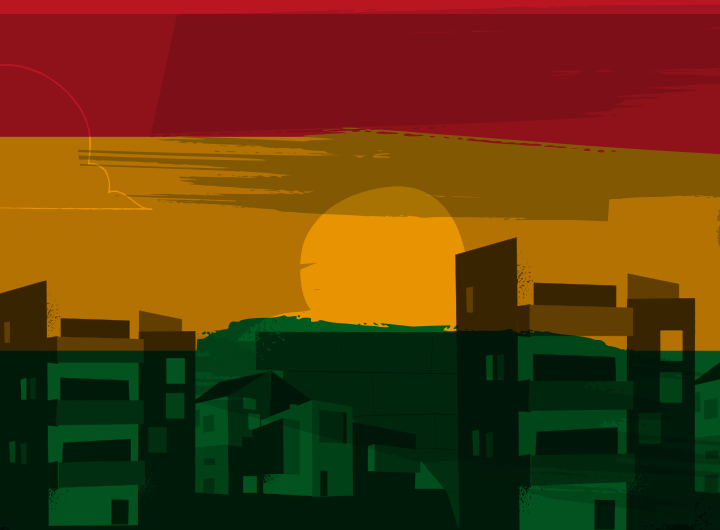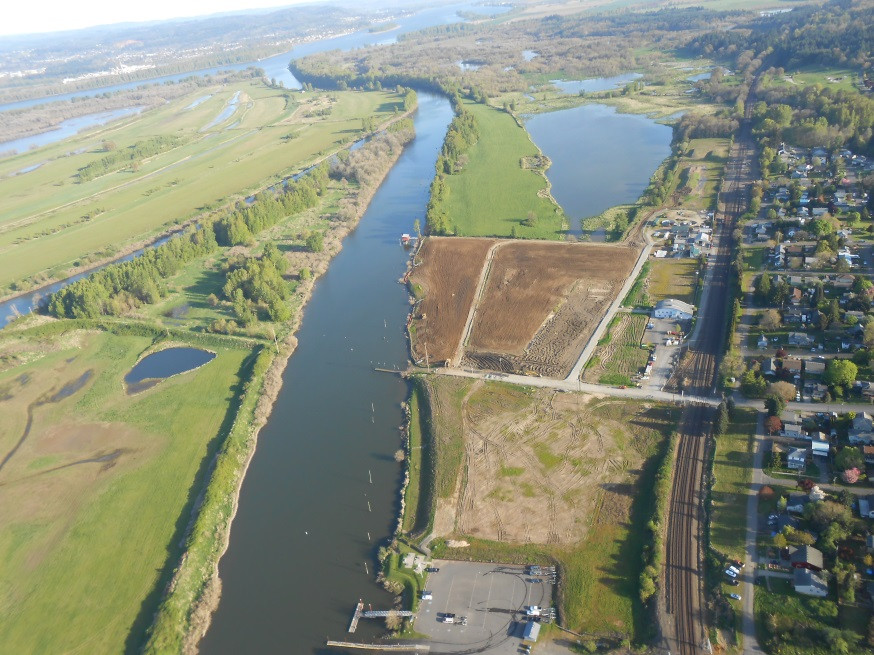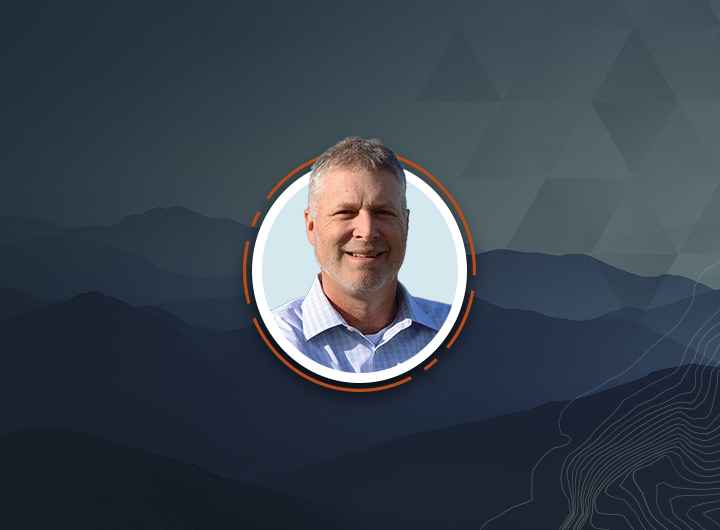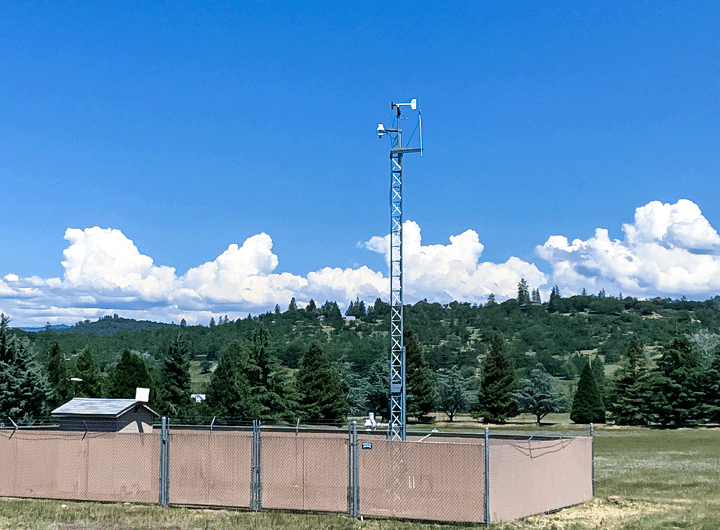Culture
Women in Engineering and Environmental: Voices from the Field

The engineering and environmental fields are where science, community, and the natural world intersect—and they are being shaped every day by passionate professionals. We sat down with three women from MFA—Kara, a principal engineer in Coeur d'Alene, Idaho; Andrea, a project engineer in the Kellogg/Coeur d'Alene area; and Ysabel, a staff geologist in Vancouver, Washington—to talk about their experiences in the industry, how they’ve grown in their careers, and the advice they’d give to the next generation of engineers and scientists.
Abbi Russell, principal communications specialist at MFA, facilitated the conversation, and we pulled together the common themes and advice that they graciously shared below.
The Panelists
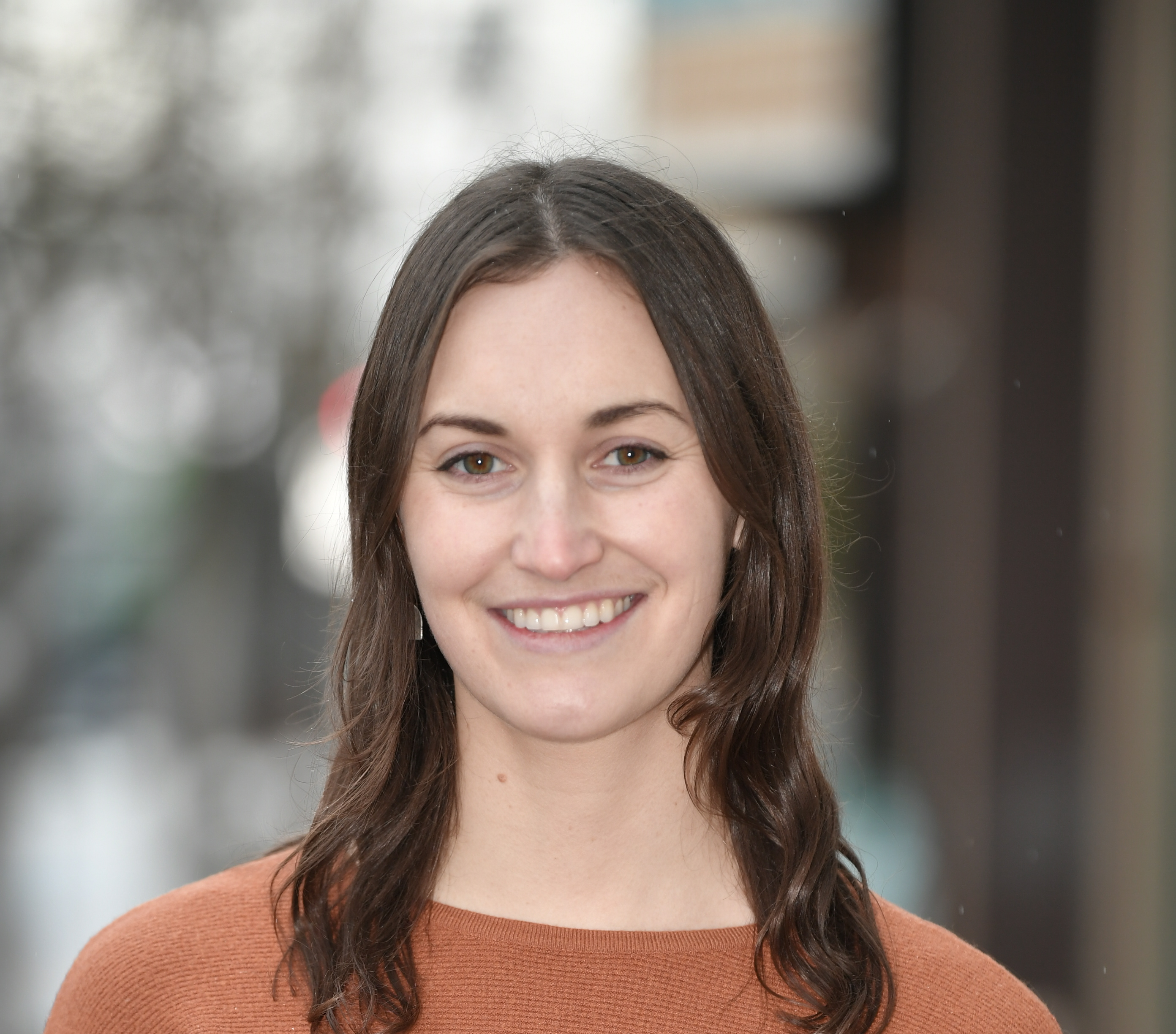
Andrea Hand, PE,
MFA Project Engineer
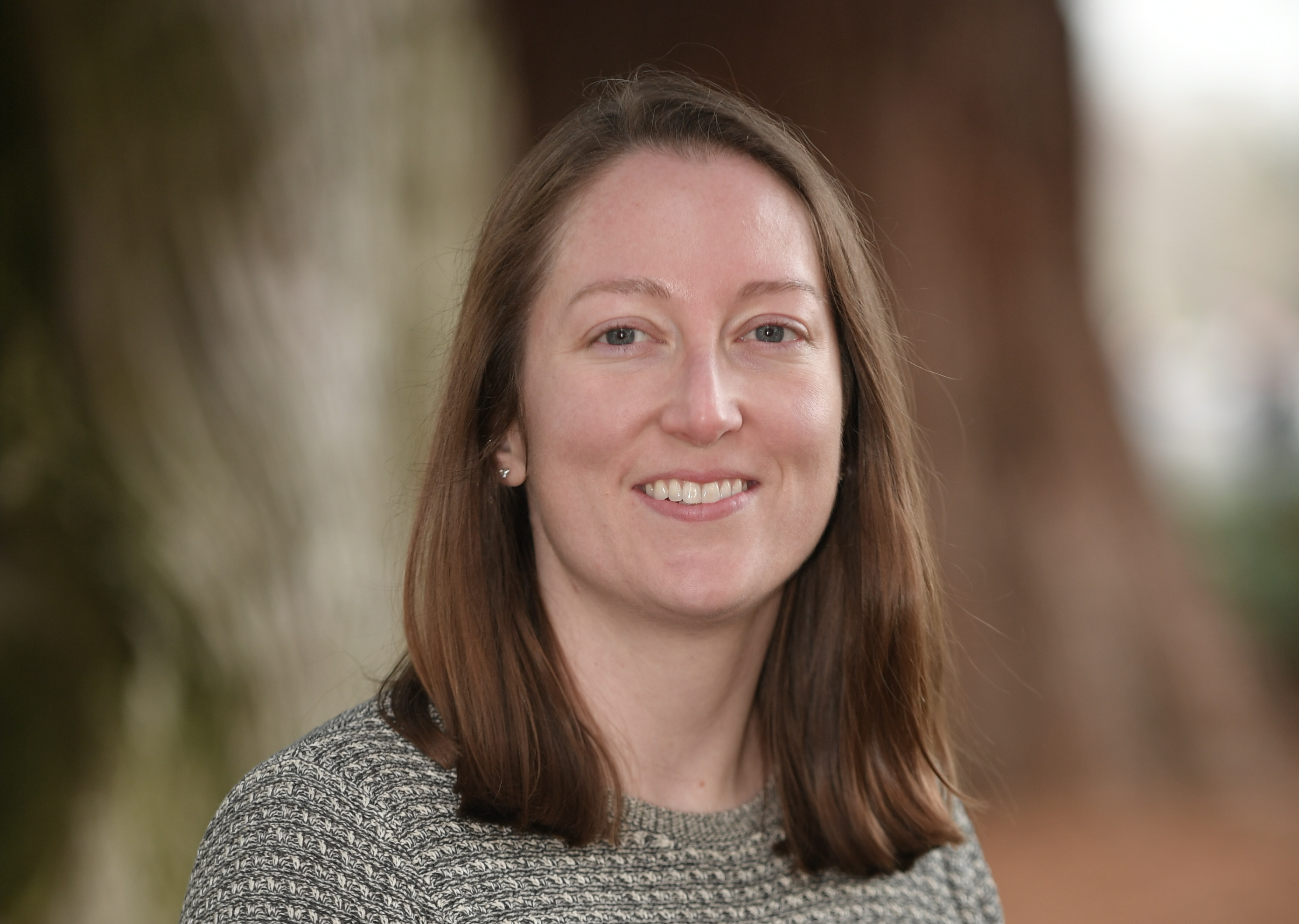
Kara Beaudoin, PE,
MFA Principal Engineer
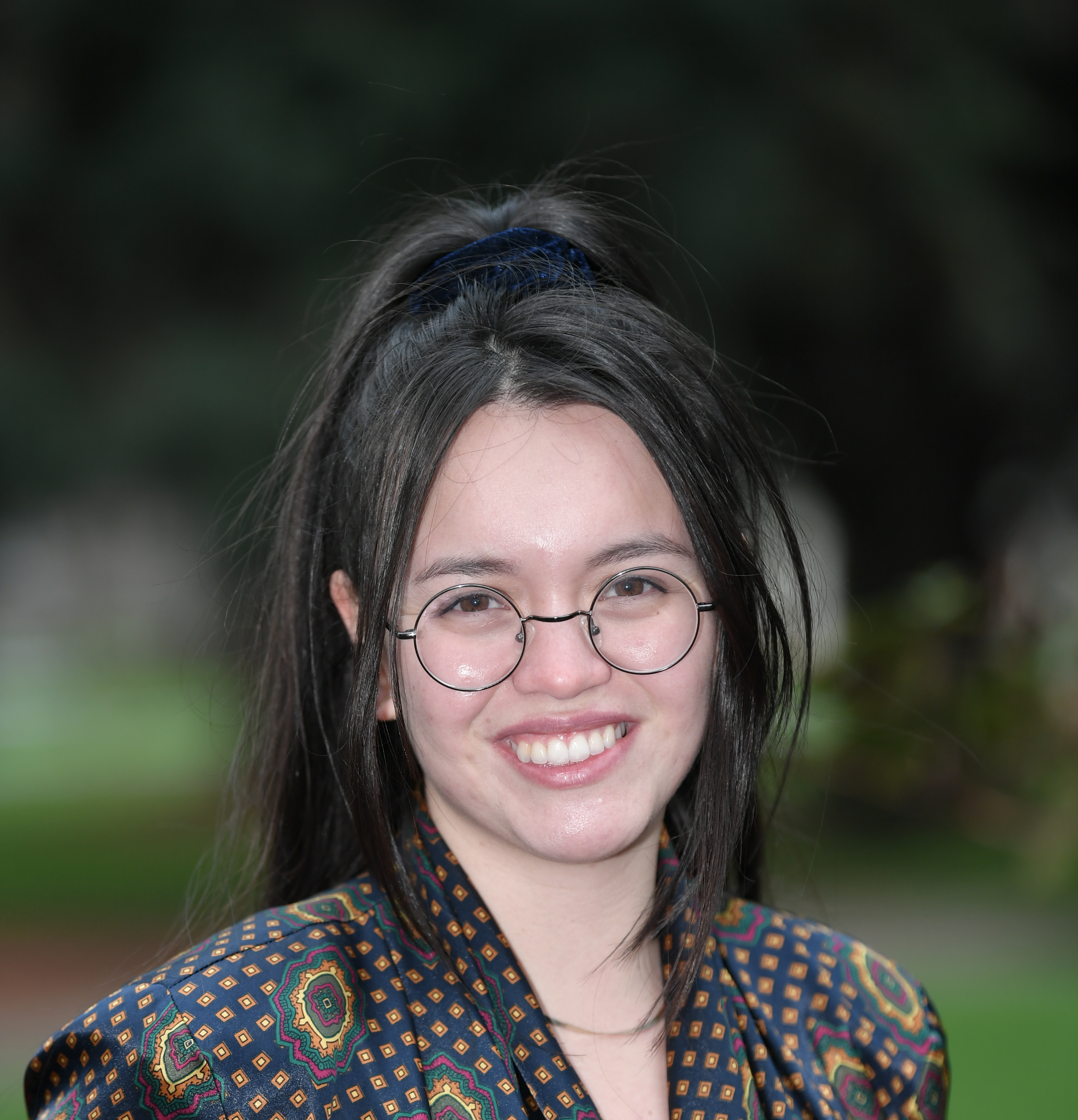
Ysabel Perez,
MFA Staff Geologist
Discovering the Path
What inspired you to pursue a career in the engineering and environmental fields?
Our panelists noted that not everyone sets out to work in the engineering and environmental fields. Some find this work through hands-on internships, others through trial and error, even stepping away to explore other careers before returning with renewed purpose. What's consistent is a willingness to take risks, say yes to new opportunities, and follow instincts when something feels right.
Pivotal Moments and Career Growth
What were some pivotal moments in your careers that have helped you advance, and how did you navigate them?
Major growth often came for our panelists through unexpected responsibilities, like managing a six-figure project early in a career or navigating a new role after switching disciplines. These moments pushed them to grow quickly and build confidence, especially when they were paired with supportive teams and mentorship.
Adapting and Staying Informed
How do you stay up-to-date on trends and innovations in your field?
Engineering and environmental work evolves constantly—with new sampling tools, policy changes, and client expectations. Our panelists shared that they stayed current through leveraging professional networks, engaging with peers, and learning through collaboration. While the core science may stay the same, how it’s applied and regulated does not.
Addressing Bias
How do you overcome and manage bias in your work culture?
Our panelists noted that bias in the field is still present, particularly in construction or male-dominated settings. Overcoming it means setting clear expectations, communicating often, and building mutual respect. Some of our panelists also reported that work environments are improving, with more women entering the fields and stronger support systems in place.
Advice for Early Career Professionals
What advice would you give your younger self?
A key piece of advice our panelists shared for those just starting out is to ask questions—lots of them. No one expects perfection on day one, and growth happens by learning from others. They also noted that it’s important to maintain boundaries, avoid burnout, and recognize that it’s okay not to know everything right away.
Overcoming Common Challenges
Have you ever hit a major personal or professional roadblock? How did you get past it; how did you grow?
Our panelists shared the common hurdles of time management, budget conversations, and imposter syndrome. Some of the essential skills they gained included learning to say no, asking for help, and stepping outside of their comfort zones. Above all, maintaining a balance between work and life has helped each of them sustain long-term success.
Leading with Purpose
What legacy or impact do you hope to leave in your field?
A key takeaway was that our legacy in this field goes beyond completed projects. Our panelists added that important impacts include improving systems, creating inclusive work environments, and making others feel supported in their roles. The goal of leaving things better than they were found includes a range from cleaning up a contaminated site to mentoring the next generation of engineers.
Direct words of advice from our panelists include:
Ysabel: "Leave things better than I found them."
Andrea: "Create a nurturing environment where people feel good about their work."
Kara: "Support others in achieving their goals."
What It All Comes Down To
One word to sum it all up?
Kara: Fun
Andrea: Truth
Ysabel: Well-balanced
Closing Thoughts
The careers of Kara, Andrea, and Ysabel show that there’s no single path into the engineering and environmental fields—but curiosity, resilience, and a willingness to learn are essential. Their stories are proof that while the work may be challenging, it’s also meaningful, rewarding, and even fun.
